What is Jyotirlinga? And Which are 12 Jyotirlingas in India?
The term “Jyotirlinga” is derived from two Sanskrit words: “Jyoti,” meaning “radiance” or “light,” and “Linga,” referring to the iconic representation of Lord Shiva. Together, “Jyotirlinga” signifies “the radiant or divine Linga.”
In Hindu stories, a Jyotirlinga is seen as a way that Lord Shiva shows himself to people. It represents his huge strength and the fact that he’s always there, everywhere. People think Jyotirlingas are very lucky and full of good energy.
There are twelve main Jyotirlingas in India, each with its own special story and meaning. People go to these places to pray, ask for help, and feel close to Lord Shiva. They’re important spots for Hindu people to connect with their faith and feel spiritual.
The twelve Jyotirlingas in India and their respective locations are as follows:
- Somnath Jyotirlinga– Prabhas Patan, Gujarat
- Mallikarjuna Jyotirlinga– Srisailam, Andhra Pradesh
- Mahakaleshwar Jyotirlinga– Ujjain, Madhya Pradesh
- Omkareshwar Jyotirlinga– Mandhata Island, Madhya Pradesh
- Kedarnath Jyotirlinga– Kedarnath, Uttarakhand
- Bhimashankar Jyotirlinga– Pune, Maharashtra
- Kashi Vishwanath Jyotirlinga– Varanasi, Uttar Pradesh
- Trimbakeshwar Jyotirlinga– Nashik, Maharashtra
- Baidyanath Jyotirlinga– Deoghar, Jharkhand
- Nageshwar Jyotirlinga– Dwarka, Gujarat
- Rameshwar Jyotirlinga– Rameswaram, Tamil Nadu
- Grishneshwar Jyotirlinga– Ellora, Maharashtra
Welcome to our journey through India’s twelve Jyotirlingas. These are sacred places dedicated to Lord Shiva. Each one has its own special spiritual feeling. From the peaceful beaches of Gujarat to the high mountains of the Himalayas, we’ll explore the history, beauty, and deep meaning of these holy spots. Whether you’re looking for peace, wisdom, or just want to learn about India’s spiritual past, let this blog be your guide on an amazing adventure of faith and discovery.
Somnath Jyotirlinga:
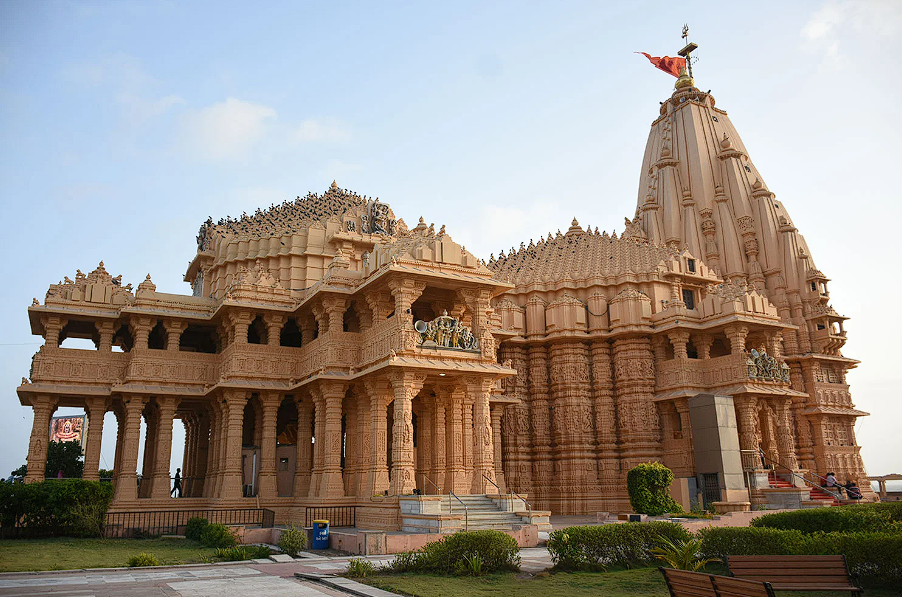

Located in Gujarat, Somnath temple is one of the most revered shrines dedicated to Lord Shiva. It is believed to be the first among the twelve Jyotirlingas and holds immense significance in Hindu mythology.
Location: Prabhas Patan, Gujarat
Opening Time: 6:00 AM to 9:00 PM
Best Time to Visit: October to March
Mallikarjuna Jyotirlinga:
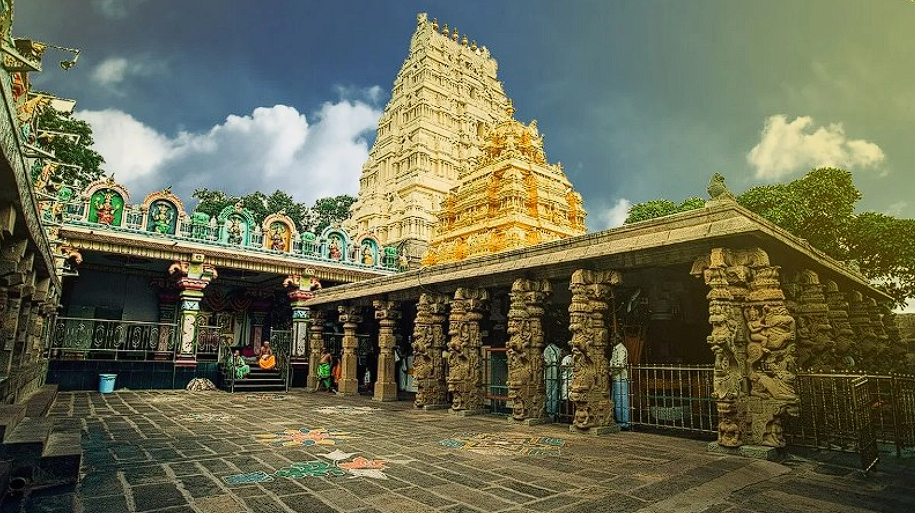

Situated in Andhra Pradesh, Mallikarjuna temple is nestled on the sacred hill of Srisailam. It is revered as one of the most ancient Jyotirlingas, symbolizing the divine union of Lord Shiva and Goddess Parvati.
Location: Srisailam, Andhra Pradesh
Opening Time: 4:30 AM to 10:00 PM
Best Time to Visit: October to February
Mahakaleshwar Jyotirlinga:
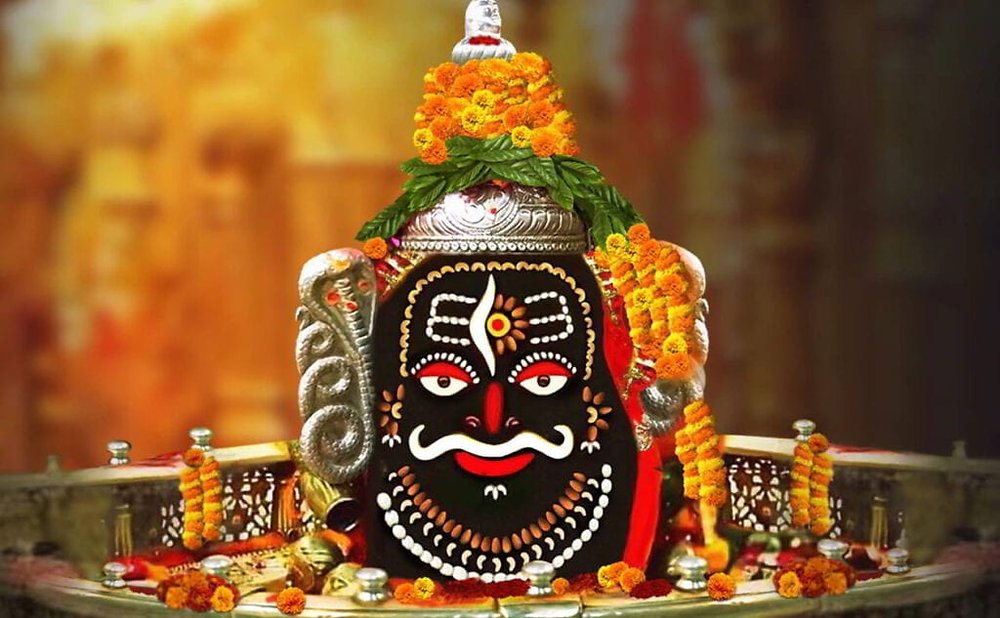

Found in Ujjain, Madhya Pradesh, Mahakaleshwar temple is renowned for its unique lingam, which is believed to be self-manifested. The temple is thronged by devotees seeking blessings and spiritual enlightenment.
Location: Ujjain, Madhya Pradesh
Opening Time: 3:00 AM to 11:00 PM
Best Time to Visit: October to March
Omkareshwar Jyotirlinga:
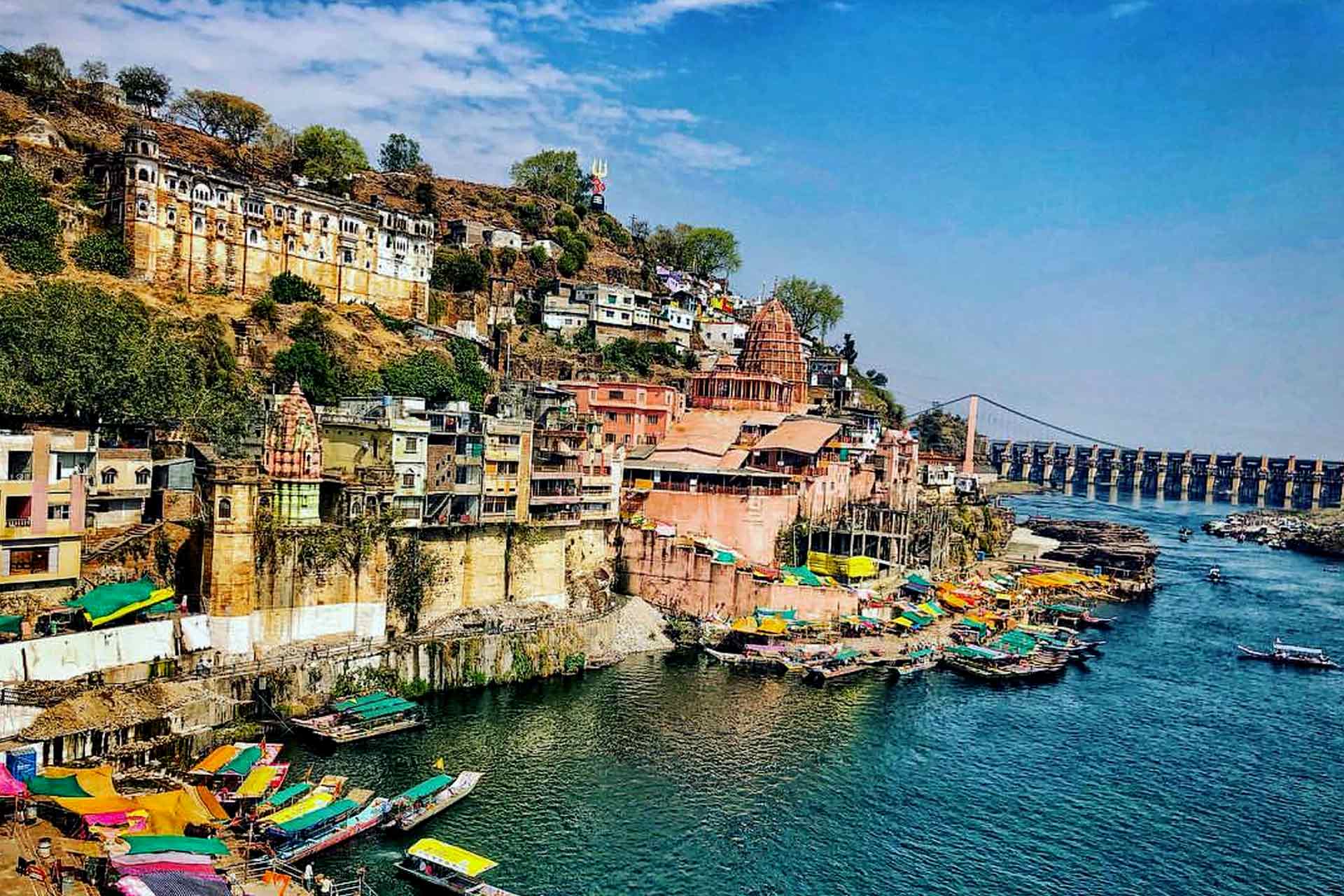

Situated on an island in the Narmada River in Madhya Pradesh, Omkareshwar temple is revered as the home of Lord Shiva. The temple’s architecture and serene ambiance attract pilgrims and tourists alike.
Location: Omkareshwar Island, Madhya Pradesh
Opening Time: 5:00 AM to 10:00 PM
Best Time to Visit: October to March
Kedarnath Jyotirlinga:
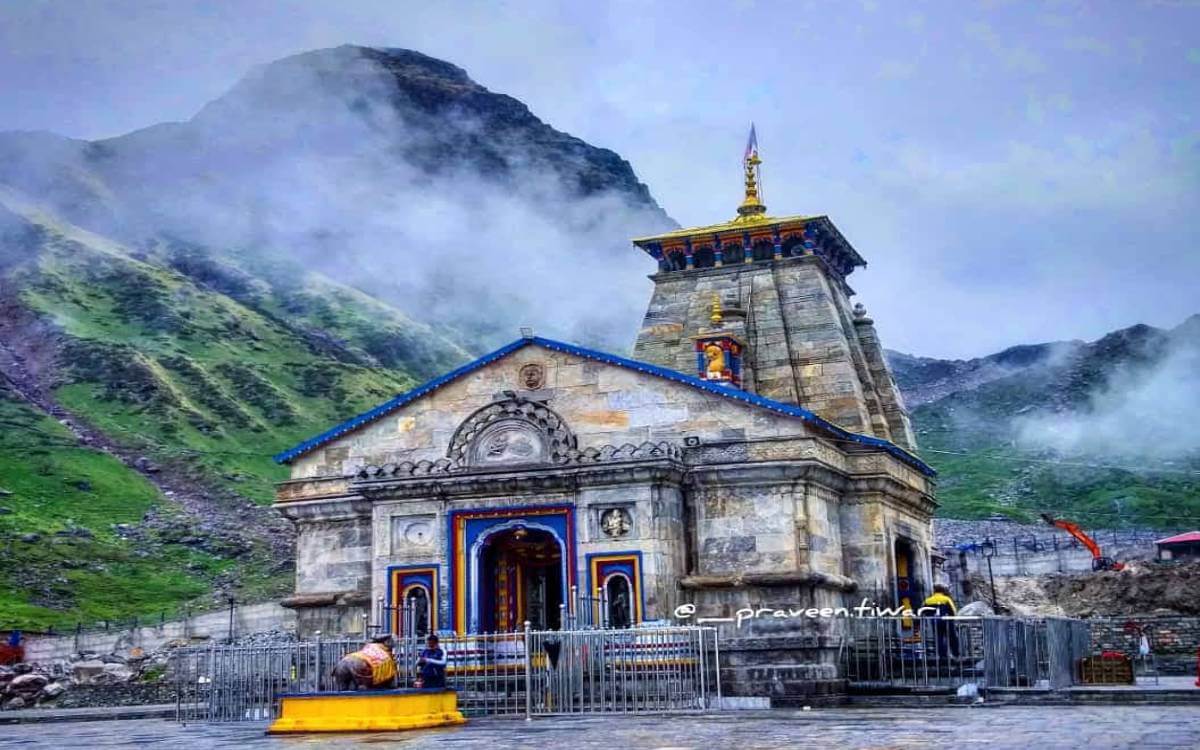

Nestled amidst the majestic Himalayas in Uttarakhand, Kedarnath temple is one of the holiest shrines of Lord Shiva. It is accessible via a rigorous trek and remains covered in snow for most of the year.
Location: Kedarnath, Uttarakhand
Opening Time: 4:00 AM to 3:00 PM; 5:00 PM to 9:00 PM
Best Time to Visit: May to June, September to October
Bhimashankar Jyotirlinga:
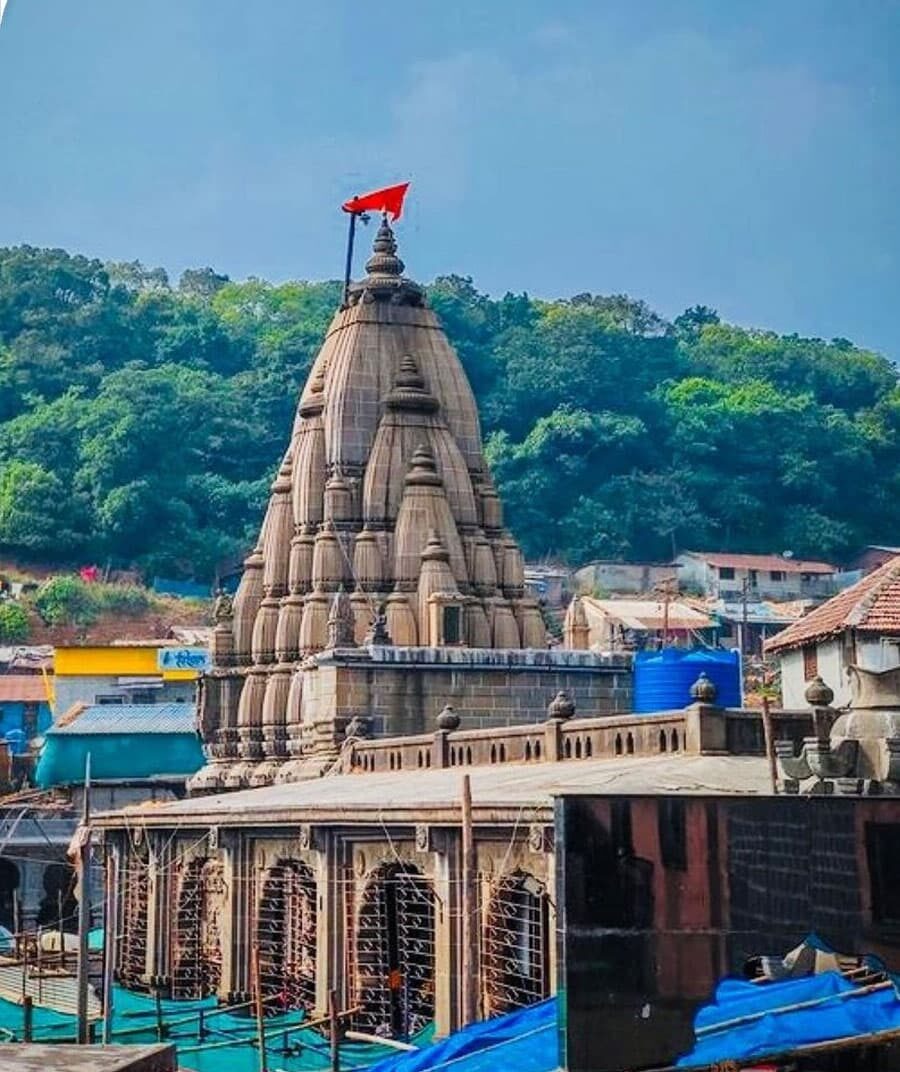

Located near Pune in Maharashtra, Bhimashankar temple is surrounded by lush greenery and offers a tranquil setting for worship. It is believed to be the place where Lord Shiva defeated the demon Bhima.
Location: Pune, Maharashtra
Opening Time: 4:30 AM to 9:30 PM
Best Time to Visit: July to February
Kashi Vishwanath Jyotirlinga:
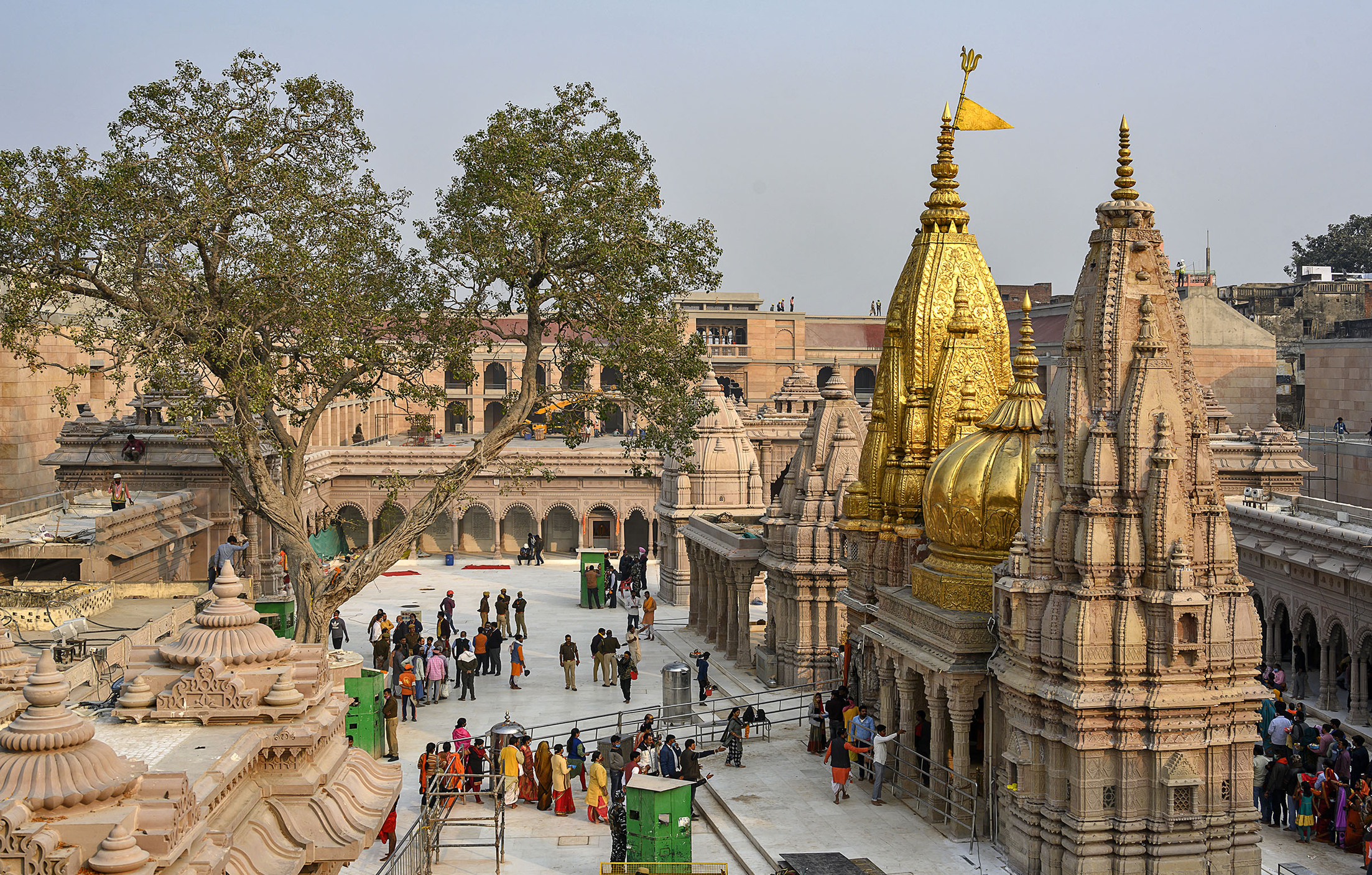

Situated in the sacred city of Varanasi, Uttar Pradesh, Kashi Vishwanath temple is considered the holiest abode of Lord Shiva. It attracts millions of devotees who come to seek liberation from the cycle of life and death.
Location: Varanasi, Uttar Pradesh
Opening Time: 3:00 AM to 11:00 PM
Best Time to Visit: October to March
Trimbakeshwar Jyotirlinga:
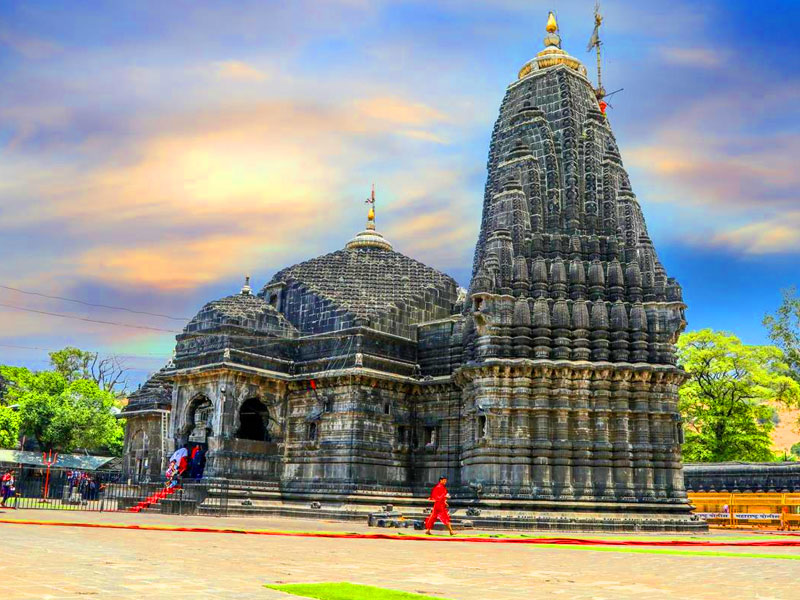

Found in Nashik, Maharashtra, Trimbakeshwar temple is nestled at the foot of the Brahmagiri hills. It is believed to be the source of the Godavari River and is revered for its architectural grandeur.
Location: Nashik, Maharashtra
Opening Time: 5:30 AM to 9:00 PM
Best Time to Visit: October to February
Vaidyanath Jyotirlinga:
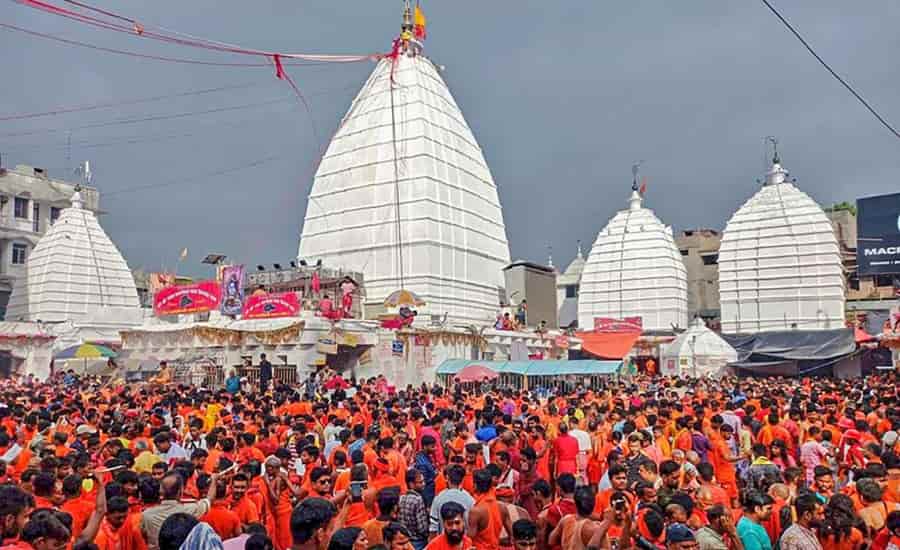

Located in Deoghar, Jharkhand, Vaidyanath temple is dedicated to Lord Shiva in his manifestation as the divine healer. It is believed that worshipping here can cure diseases and ailments.
Location: Deoghar, Jharkhand
Opening Time: 4:00 AM to 9:00 PM
Best Time to Visit: October to March
Nageshwar Jyotirlinga:
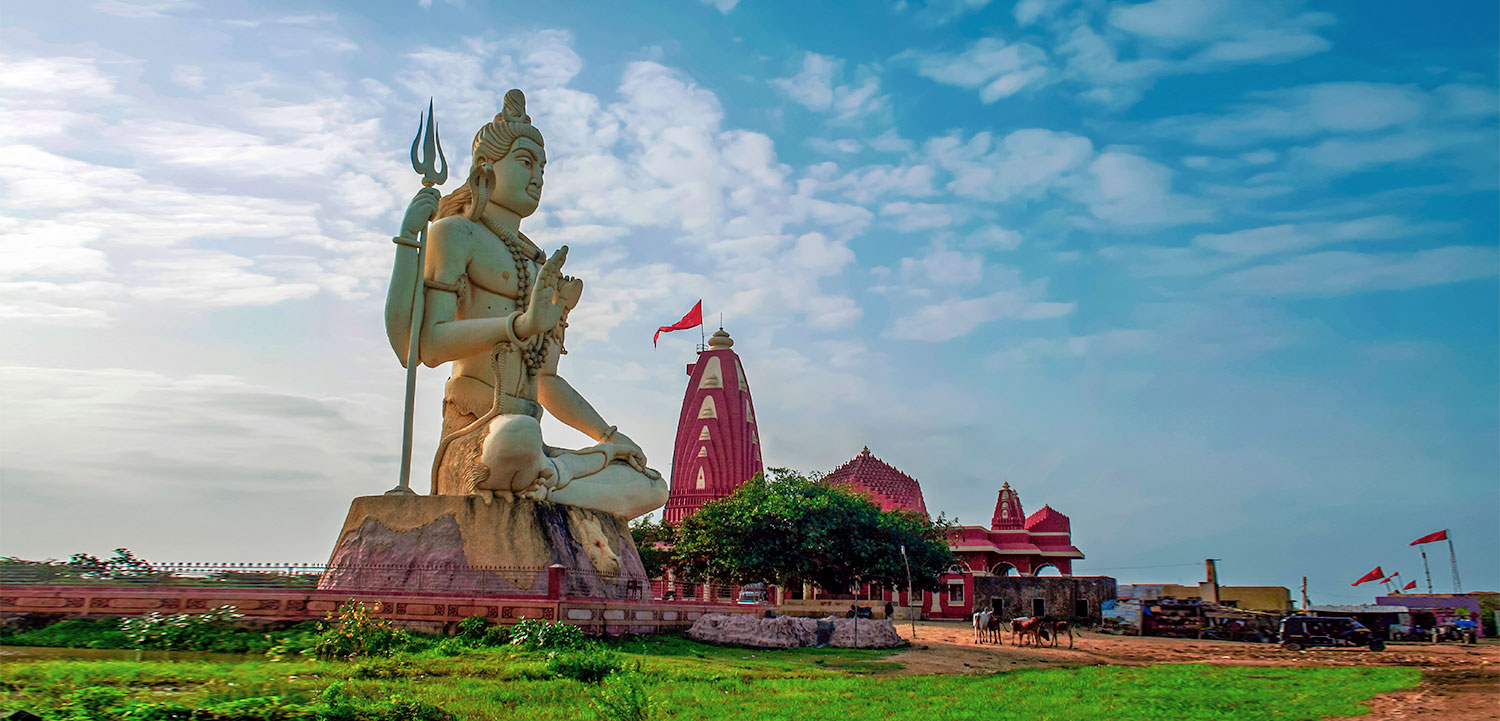

Situated near Dwarka in Gujarat, Nageshwar temple is revered as one of the Dwadasha Jyotirlingas. It is surrounded by the Arabian Sea and offers a picturesque setting for spiritual contemplation.
Location: Dwarka, Gujarat
Opening Time: 6:00 AM to 9:00 PM
Best Time to Visit: November to February
Rameshwar Jyotirlinga:
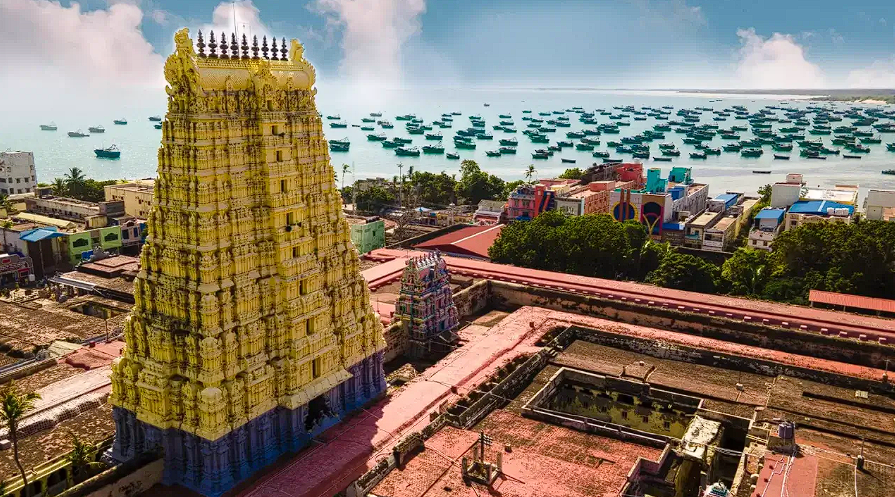

Found in Rameswaram, Tamil Nadu, Rameshwar temple is nestled on the sacred island of Rameswaram. It is believed to be the place where Lord Rama worshipped Lord Shiva to absolve himself of the sin of killing Ravana.
Location: Rameswaram, Tamil Nadu
Opening Time: 4:30 AM to 8:30 PM
Best Time to Visit: October to March
Grishneshwar Jyotirlinga:
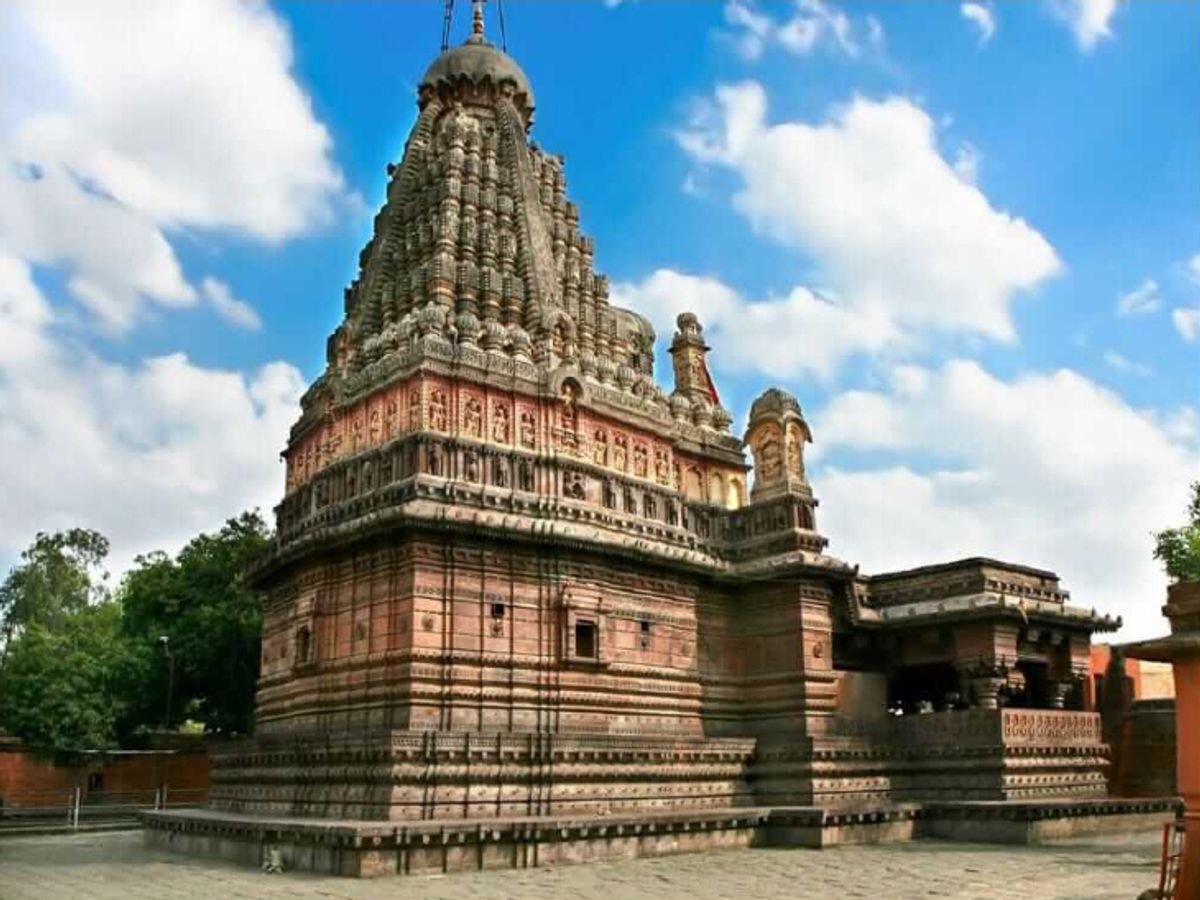

Located near Ellora in Maharashtra, Grishneshwar temple is renowned for its exquisite architecture and intricate carvings. It is believed to be the site where Lord Shiva resurrected a devotee named Sudharm.
Location: Ellora, Maharashtra
Opening Time: 5:30 AM to 9:30 PM
Best Time to Visit: October to February
Conclusion:
As our journey through India’s twelve Jyotirlingas comes to an end, we carry with us the blessings of Lord Shiva and the profound experiences we’ve encountered along the way. These sacred sites have not only enriched our understanding of spirituality but have also left an indelible mark on our hearts and souls.
From the ancient temples steeped in history to the breathtaking natural landscapes that surround them, each Jyotirlinga has offered us a glimpse into the divine essence of India’s spiritual heritage. Whether we sought solace, enlightenment, or simply a deeper connection with the divine, our pilgrimage has been a transformative odyssey filled with reverence and wonder.
As we bid farewell to this sacred journey, let us carry the lessons learned and the memories cherished as we continue to seek the light of truth and the embrace of Lord Shiva in our lives. May the divine energy of the Jyotirlingas guide us on our path, illuminating our hearts with love, peace, and eternal wisdom. Until we meet again on another spiritual quest, may the blessings of Lord Shiva be with us always.





